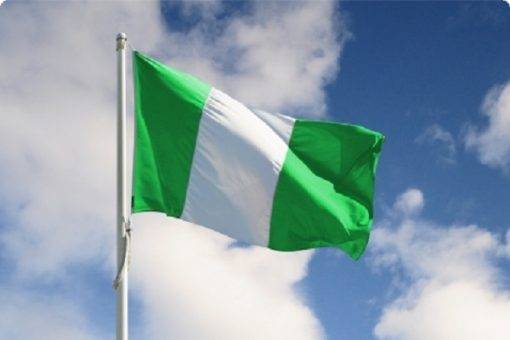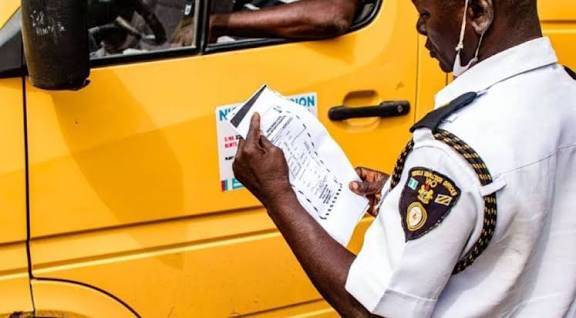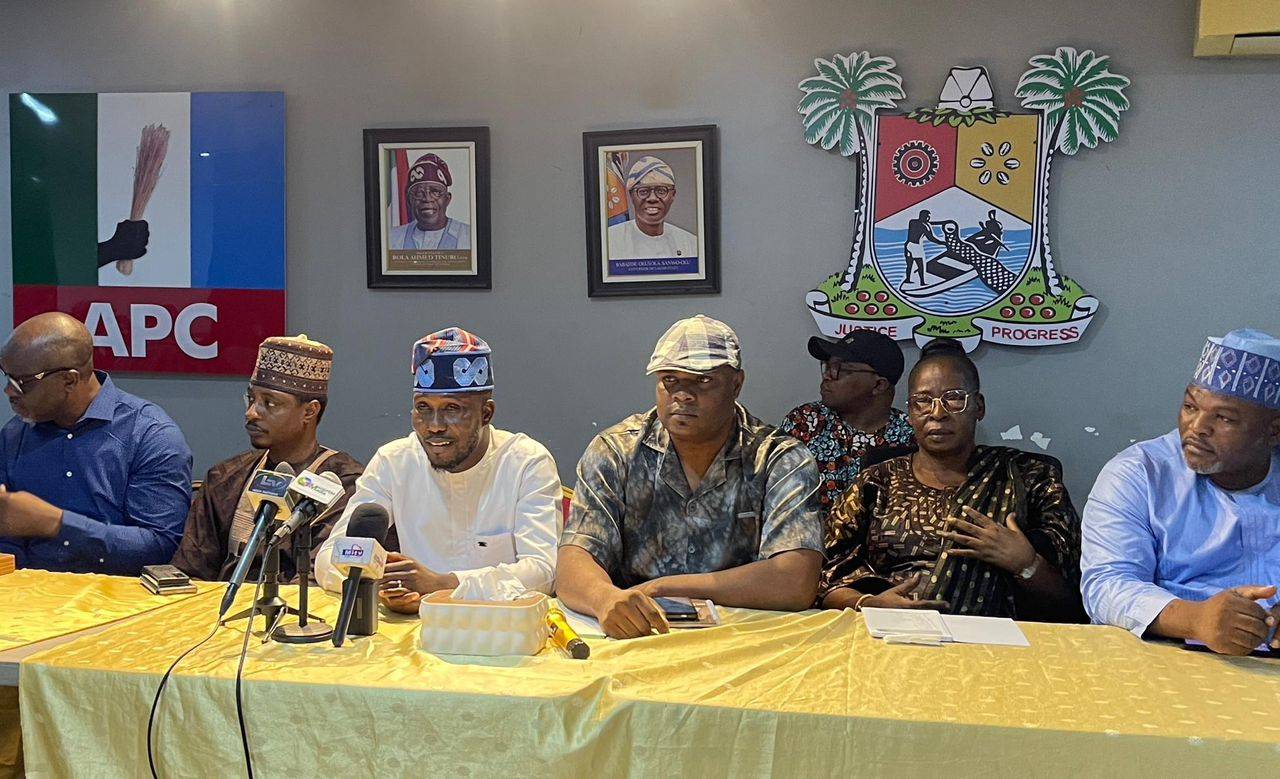For the first time in the Nigerian aviation industry’s history, some foreign airlines had to shut down operations in the country while others were warming up to do the same before the Central Bank of Nigeria (CBN) intervened, releasing about $265 million.
If the apex bank had not intervened, the industry would not have been saved from the national embarrassment and several Nigerians, especially students would have spent fortunes on flight tickets.
Despite the CBN’s intervention, several aviation stakeholders and experts have said they expect more from President Muhammadu Buhari. The experts, who spoke with Nairametrics in separate interviews, expect the government to adopt better communication strategies in dealing with both foreign and local airlines, make forex available to domestic airlines and win back its credibility as a credit-worthy nation.
What stakeholders are saying about their expectations
Mr Akin Esho, Managing Partner, TSD Travels, described the situation as a national embarrassment, which is capable of tarnishing the image of the industry and the nation as a whole.
According to him, the government needs to re-strategise the approaches to take in dealing with foreign airlines if it is ready to do business. Without mincing words, he argued that the government was negligent in performing its responsibilities, especially in the area of providing adequate information to foreign airlines on what it is doing to release the said ‘trapped funds’.
He said, “The federal government should have opened a discussion earlier with the airlines to give them assurances on the payment. If the government had interfaced with the airlines, they would not have reduced their flights to Nigeria or sold their tickets at exorbitant rates to Nigerian travellers.
“What CBN has done is a welcome development because in everything we look at things from the positive development. But they should have saved the country the embarrassment and high cost of flight tickets levelled on Nigerians, especially those students who were travelling back to school overseas. I hope we have learnt our lessons from the unfortunate incidents.”
Like Esho, the former Managing Director, Nigerian Airspace Management Agency (NAMA), Captain Ado Sanusi, in an interview with Nairametrics, picked holes in the approach of the government towards handling the incident, as he emphasized the need to have communicated to the foreign airlines earlier on the payment.
The former NAMA boss said, “If they knew they would make that payment they should have communicated to the airlines and assured them they would pay the money. This is because communication is key. They shouldn’t have waited until airlines began to issue threats before making the payment.
“Let me also call on the government to make forex available to domestic airlines too. I think we should have a permanent solution to forex. This should be made available to both local and international airlines.”
One of the executives of the Aviation Round Table (ART), who preferred anonymity, lamented the need for the government to redeem what he described as a ‘bartered image’ and win back its credibility as a nation.
According to him, the International Air Transportation Association (IATA) had issued several emails to the affected government agencies that about $464 million were trapped in Nigeria as of July 2022 but nothing was done.
He said, “The Minister of Aviation also reminded the President publicly when the Terminal 2 of the Murtala Muhammed International Airport (MMIA), Lagos was commissioned in Lagos. and what all these mean is that this government did this deliberately.
“I hope we will not get backlash from other sectors of the economy based on our action in the aviation sector. We should not allow the industry to lump us together with Venezuela, Lebanon, and Zimbabwe which have been on this for a while. We do not belong there. Now that the first tranche of payment has been made, they must continue to provide the forex so that by December/January they would have completed the payment.”
On the implication of the development, the ART executive added that the delayed or refused payment contravened the Bilateral Air Service Agreement (BASA) signed with the countries that host these airlines.
He said, “Such development implies that other nations will think twice before signing such agreements with Nigeria. We all understand that there is an economic lull across the globe but it is worrisome when the government lacks the political will to present itself as a credit-worthy nation or when it fails to communicate with its stakeholders.













